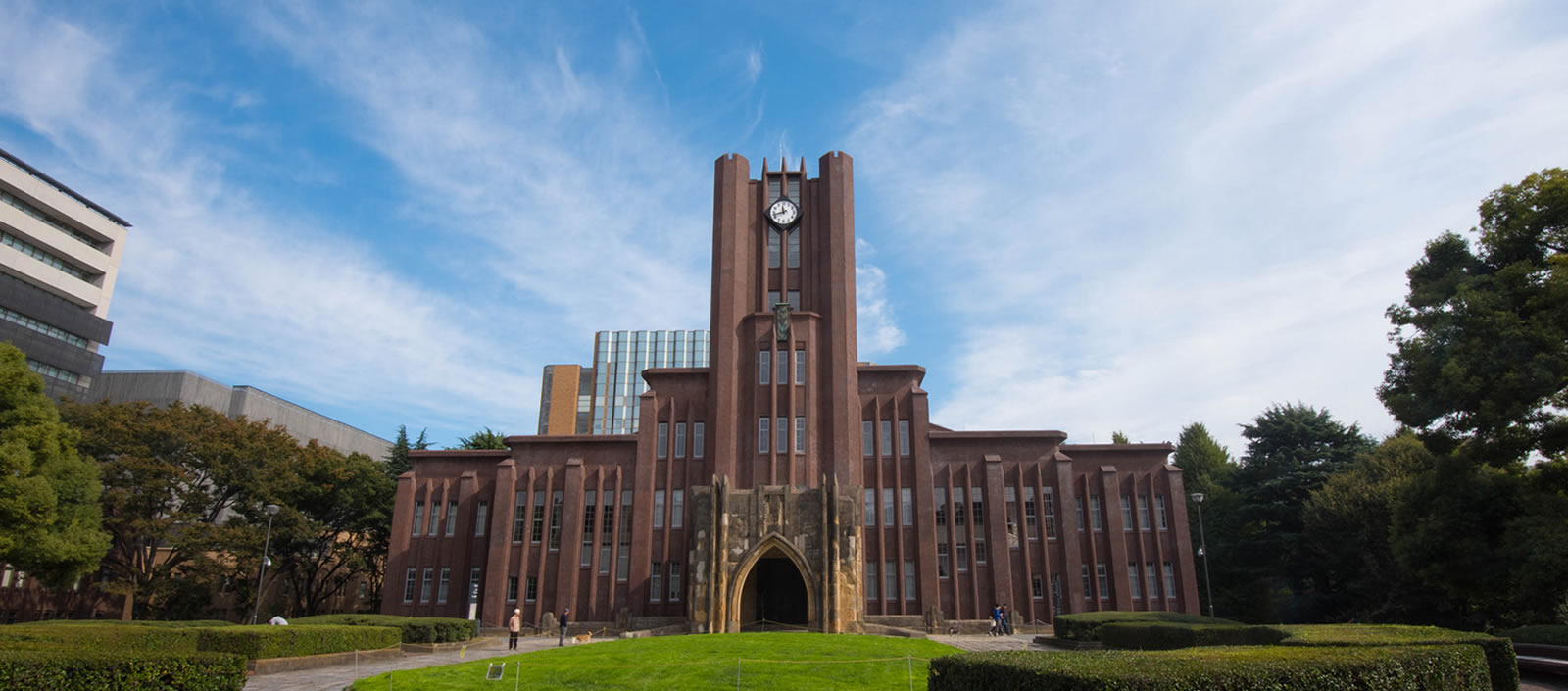Mission
Charter
SCHOOL OF SCIENCE, THE UNIVERSITY OF TOKYO
Science aims to elucidate universal truths of the natural world and discover its underlying fundamental laws and principles. The accumulated wisdom and intellect of the human race is largely based on science, which has formed the foundation of modern civilization and continues to expand our understanding of nature.
The School of Science has created this Charter with the intent of promoting education and research in advanced science that will open pathways to a prosperous and peaceful future for humankind.
Mission
The central mission of the School of Science is to conduct education and research in order to understand further the truths of nature, to expand and develop the frontiers of knowledge, and to hand down such knowledge to future generations.
Education
The School of Science will provide young people with the education needed to solve future problems, contribute to the continual and peaceful progress of society, and lead the next generation of scientists.
Fairness and High Standard
The School of Science will hold fairness to be paramount in all personnel and administrative practices, and will maintain the highest standards of education and research through constant self-assessment and rigorous external evaluation.
Non-discrimination
Consistent with the ideals of science, the School of Science will not discriminate on the basis of gender, nationality, race or religion and will ensure academic freedom in education and research.
Social Contribution
The School of Science will make its educational and research results available to the public and will endeavor to prevent such results from being used to harm society and the global environment. In this way, the School of Science will contribute to the development of society and culture, and the continued existence of the human race.
On the occasion of enactment of the Charter of the School of Science, the University of Tokyo
SATO Katsuhiko, former dean of the School of Science
In the 20th century, we saw remarkable progress in natural science and technology, which, even as it contributed to our everyday comfort and convenience, also has become a potential threat to the existence of the human race. This may help to explain why fewer than 20% of Japanese citizens demonstrate an interest in scientific matters. This is far lower than in many advanced countries, where the proportion is around 50%, and is the lowest among the 16 advanced countries surveyed by the OECD (*1). A similar trend is developing among children, who will create the future. In a survey conducted in 1998, 38% (a 7.3% increase over 1995) of schoolchildren responded that scientific discoveries will bring more harm than benefit (*2).
These findings indicate that science and technology are not necessarily accepted by Japanese society. However, we need to understand nature through the study of basic science before we can overcome the negative aspects of science and technology. Science will become increasingly important for the promotion of peace and welfare in the world and harmonious coexistence with the global environment.
As educators and researchers engaged in higher scientific study, we at the School of Science must realize our responsibilities and explore new fields. At the same time, we must make greater efforts to convince the general public of the importance of science. We are committed to realizing the significance of science, carrying out innovative changes and further promoting education and research in advanced science.
Recently, national universities have been transformed into independent corporate entities, and the general framework for academic studies is undergoing significant change. The School of Science will address these trends on its own initiative and further improve its education and research standards. Having considered the desirable long-term objectives for the School of Science, we concluded that there was a need to establish a standard for the promotion of education and research. Hence this Charter for the School of Science.
We at the School of Science will intensify our efforts to promote education and research in science based on this Charter. We look forward to your understanding and support.
*1 1997 survey by the OECD
*2 1998 survey by the National Institute for Educational Policy Research


